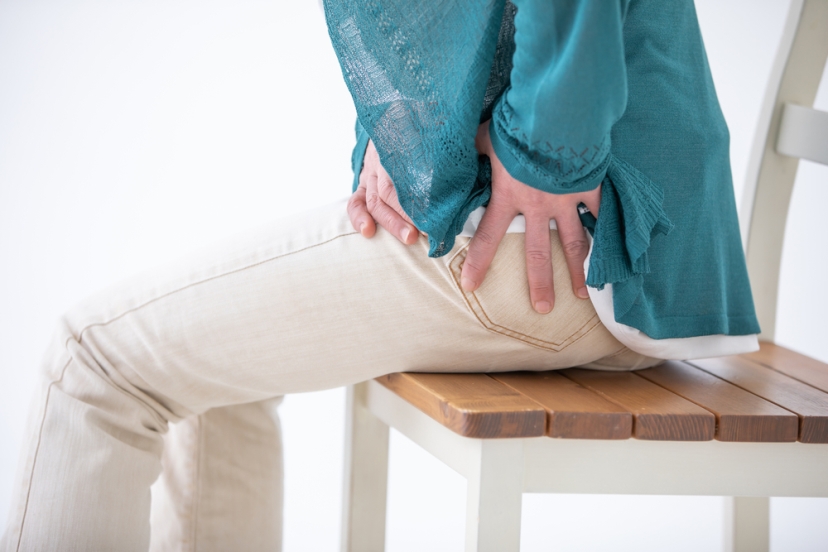Broken hip joint
5 Symptoms of Problems in Your Hip Joints
Observing your symptoms is important, because pain around the rear of your hip joints are very similar to back pain. If the patient cannot tell the symptoms apart, they might receive improper treatment. Working age people often encounter hip joint degeneration due to ischemia of the hip joints and we found broken hip joints in elderly patients, who have weaker bones and lower bone density.
Overtaking medications can accelerate deterioration of your hip joints.
Hip joint deterioration is largely caused by lack of blood supply to the head of the hip bones, causing the sockets to sink down. This frequently happens in Asian people due to use of medications, especially herbal medications and home-made medications that might contain steroids as an ingredient, not to mention in people who regularly need to use steroids, which is a major cause for more rapid hip deterioration. Furthermore, there are other causes of hip joint deterioration such as rheumatoid joint inflammation, where the conditions causes inflammation of the tissues surrounding the joints, which leads to non-infectious inflammation of the joints. This can happen to all the joints in the body and damage their surfaces, including the hip joints. Congenital hip joint disorders that appear since childhood can also cause increased deterioration when older.
A broken hip joint is life-threatening.
Broken hip joint is often caused by accidents such as falls and commonly occurs in older patients or patients suffering from osteoporosis. When a fall occurs, the hip bones can become cracked, fractured or broken. This is because elderly patients and patients with osteoporosis have low bone strength and low bone density. That is, their bones have become quite porous. Patients usually experience a lot of pain in the hips around the back or at the groins. This happens even when standing still, and the patients will be unable to stand or put weight on the leg. The hip area will feel stick with signs of bruising or swelling at the hip joint affected by the fall, which might be broken, shortened and inappropriately located. Furthermore, the leg might turn inward or outward, with immense pain when moving the leg in any direction. Therefore, these patients should quickly seek medical attention for a diagnosis, because there might be cracks in the bones that have not reached the point of breakage and cannot be seen from an initial x-ray. Without seeing the doctor, continued struggle to continue walking can lead to even bigger fractures.
Quickly seek treatment to reduce complications and mortality rate.
If you suffer from the aforementioned hip joint symptoms, you should not neglect them. Some patients are afraid and are too worried to see the doctor to receive treatment and bear putting up with the pain and buy their own medications. Although this can help relieve the pain, it only delays the eventual surgery. This is because when a patient suffers from hip joint deterioration that is so bad to the point that they could no longer bear the pain, their medications that used to be effective will no longer be effective. The patient will have difficulty walking, will tilt while walking, and will be able to walk only a little. The patient might even become bedridden or lie still for prolonged periods without physical movements, thereby leading to other complications like pressure sores and infection, urinary tract infections due to inability to get up and the need to wear a urinary catheter. The patient may also suffer from eating difficulty and risk of choking. Furthermore, lack of lung expansion increases risk of pneumonia and lung infection, and the joints can become locked, while symptoms can be exacerbated in patients with heart disease and diabetes. If the symptoms are left unresolved, they can become life-threatening, making treatment harder and recovery to normal living much more difficult. Therefore, when the hip joint is broken, you should seek medical attention and surgery as soon as possible in order to reduce risk of complications and mortality.
You may find our specialist here at Orthopedic Institute, Phyathai 2 Hospital
Phyathai 2 Hospital
International Correspondence Center
Tel: +66-2617-2444 ext. 2020 or 2047 E mail: onestop@phyathai.com
 @pt2_inter
@pt2_inter
 Phyathai 2 Cambodia
Phyathai 2 Cambodia
 PT2Chinese
PT2Chinese
 phyathai2inter
phyathai2inter
